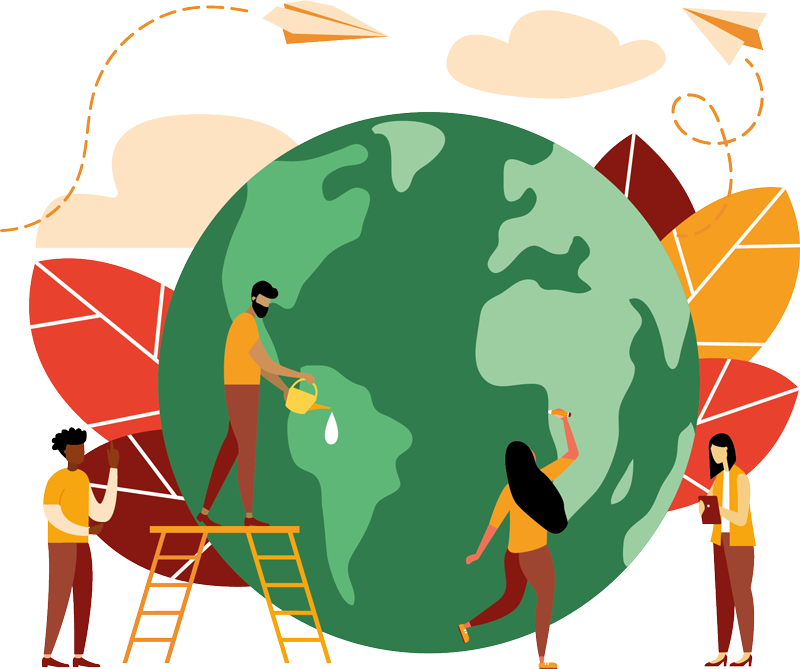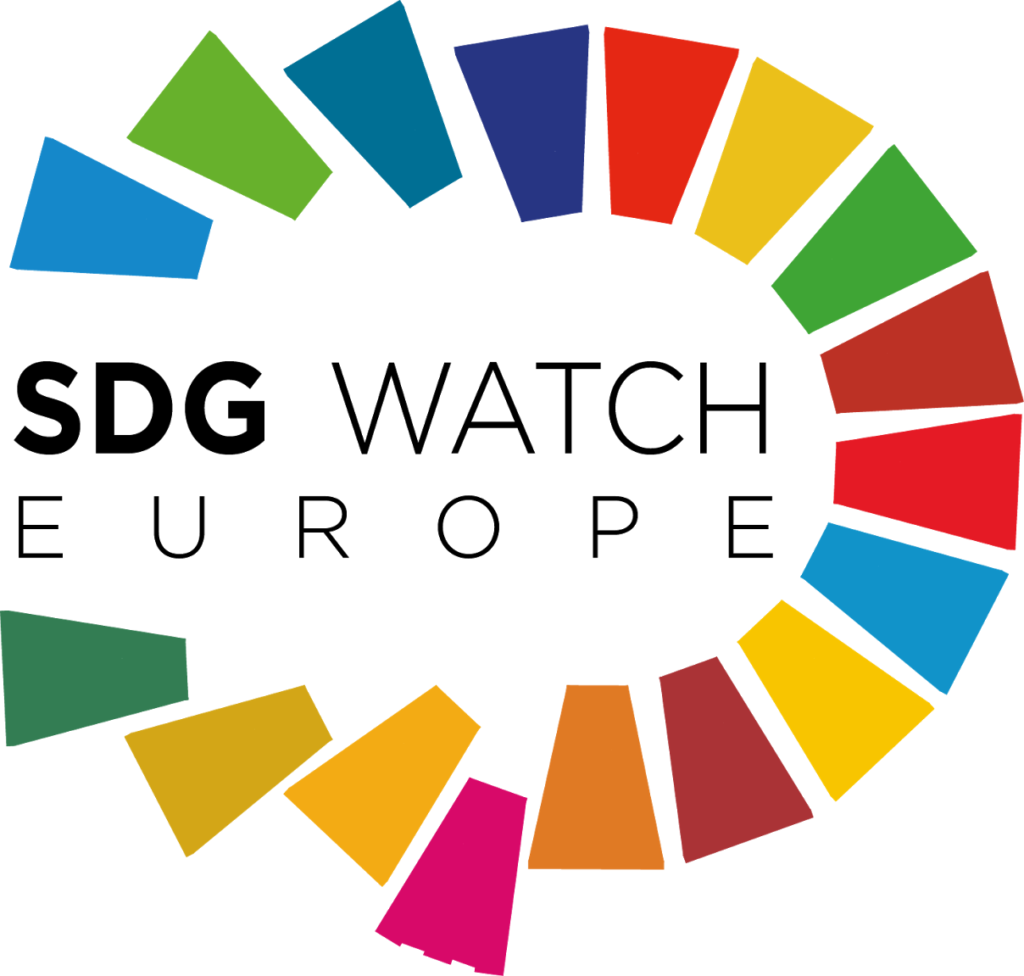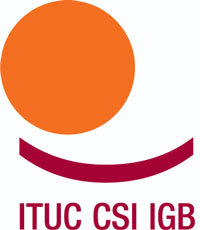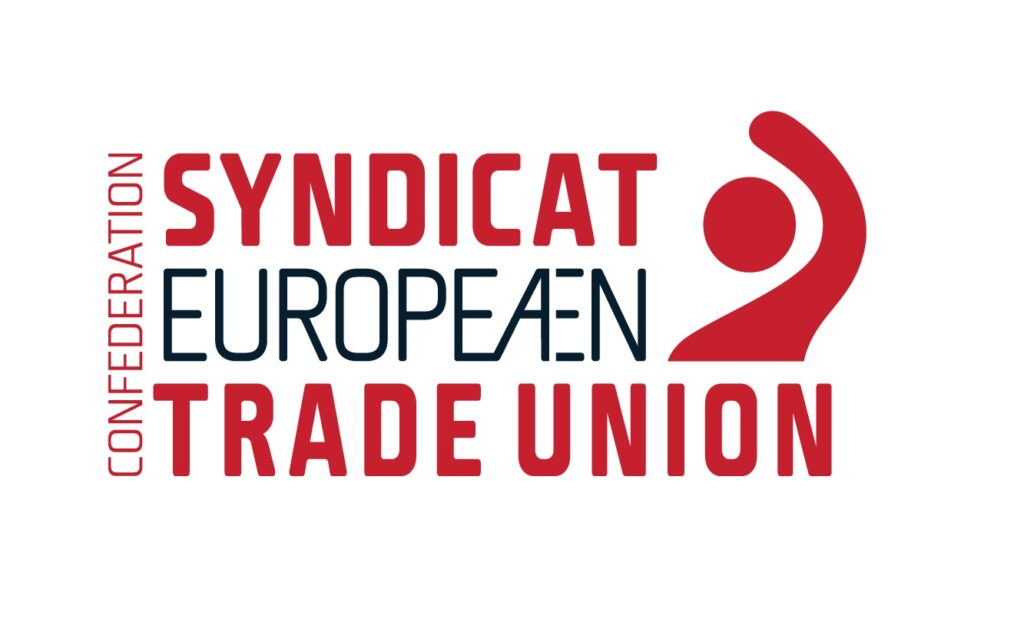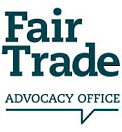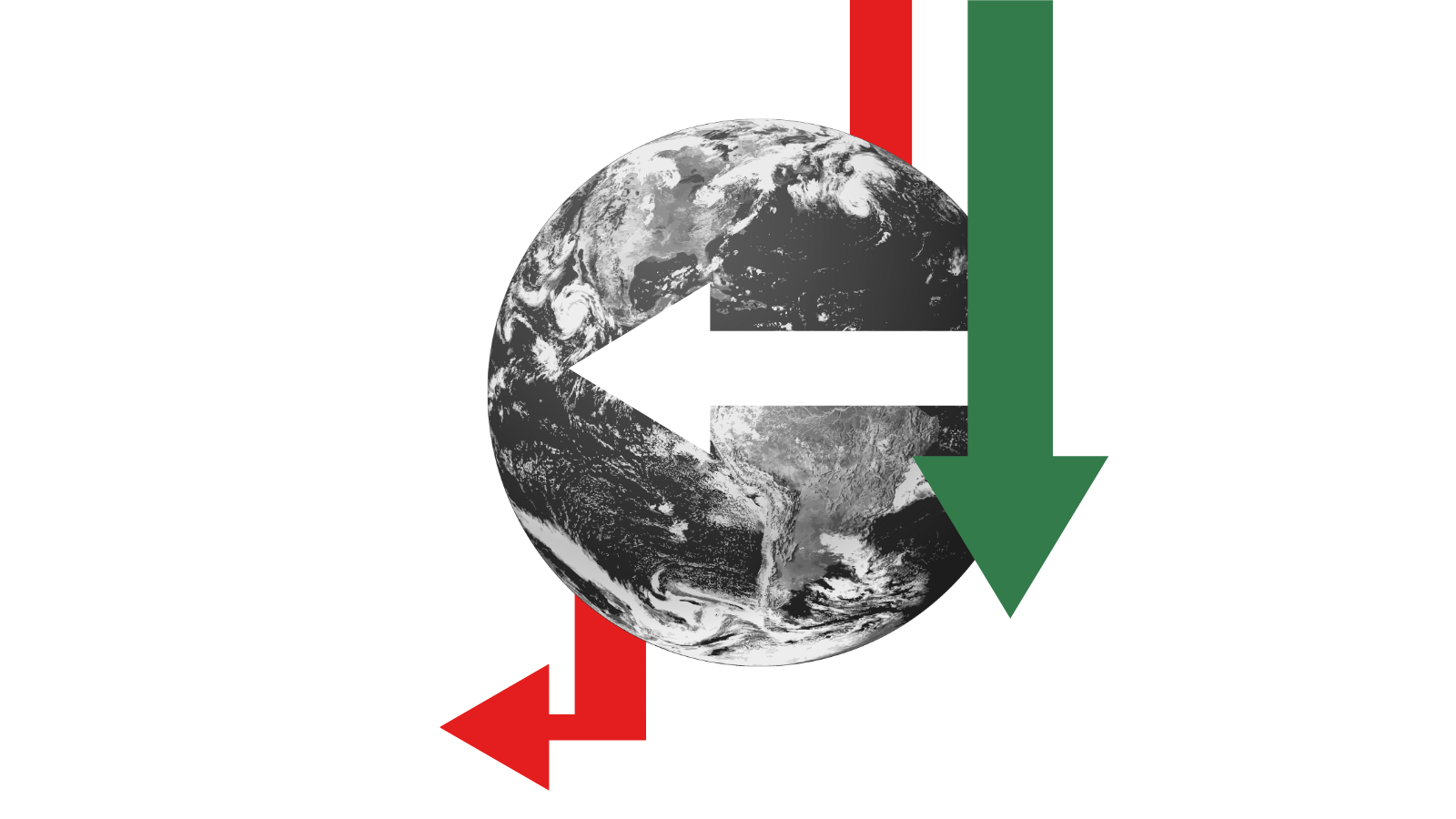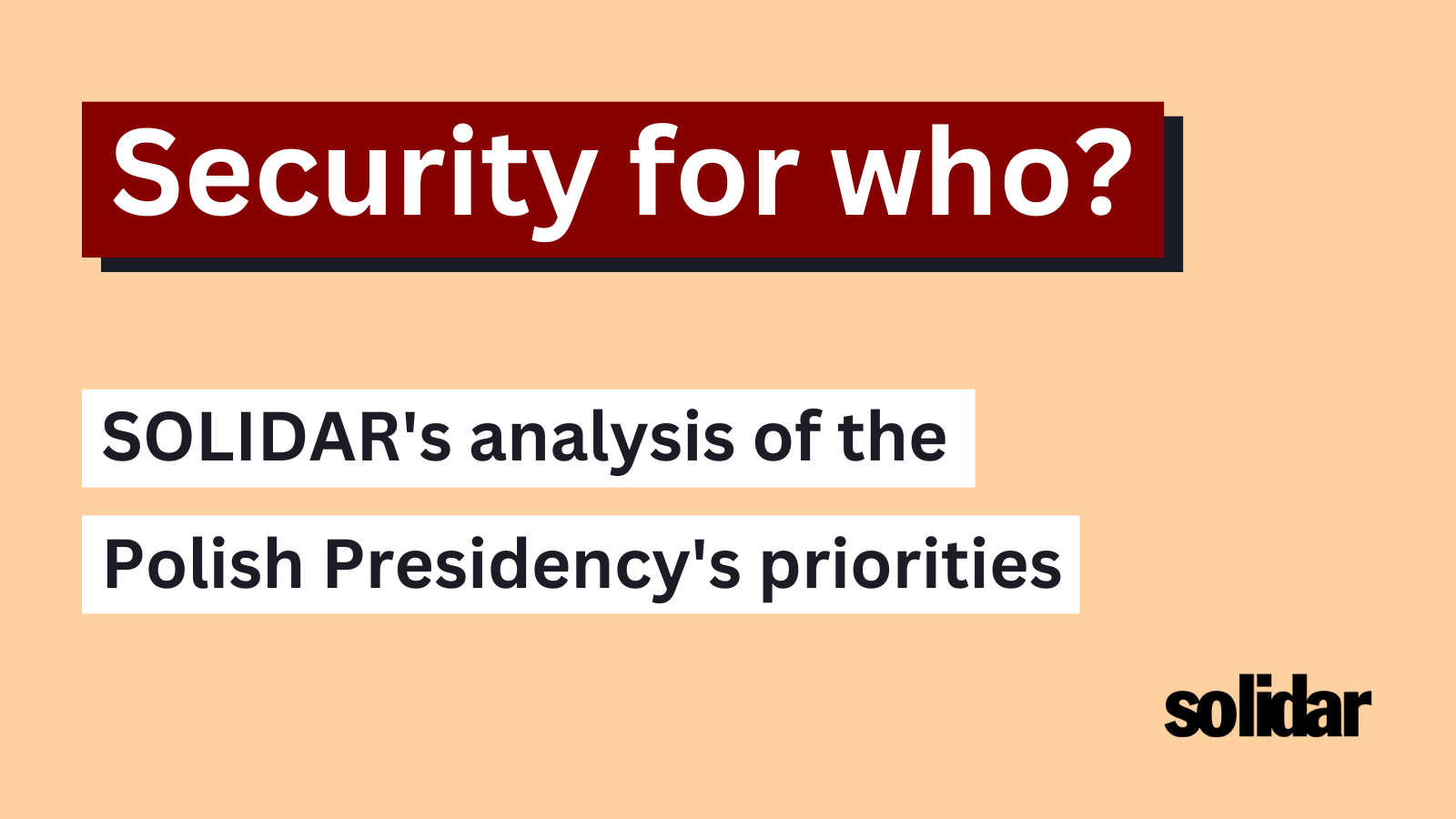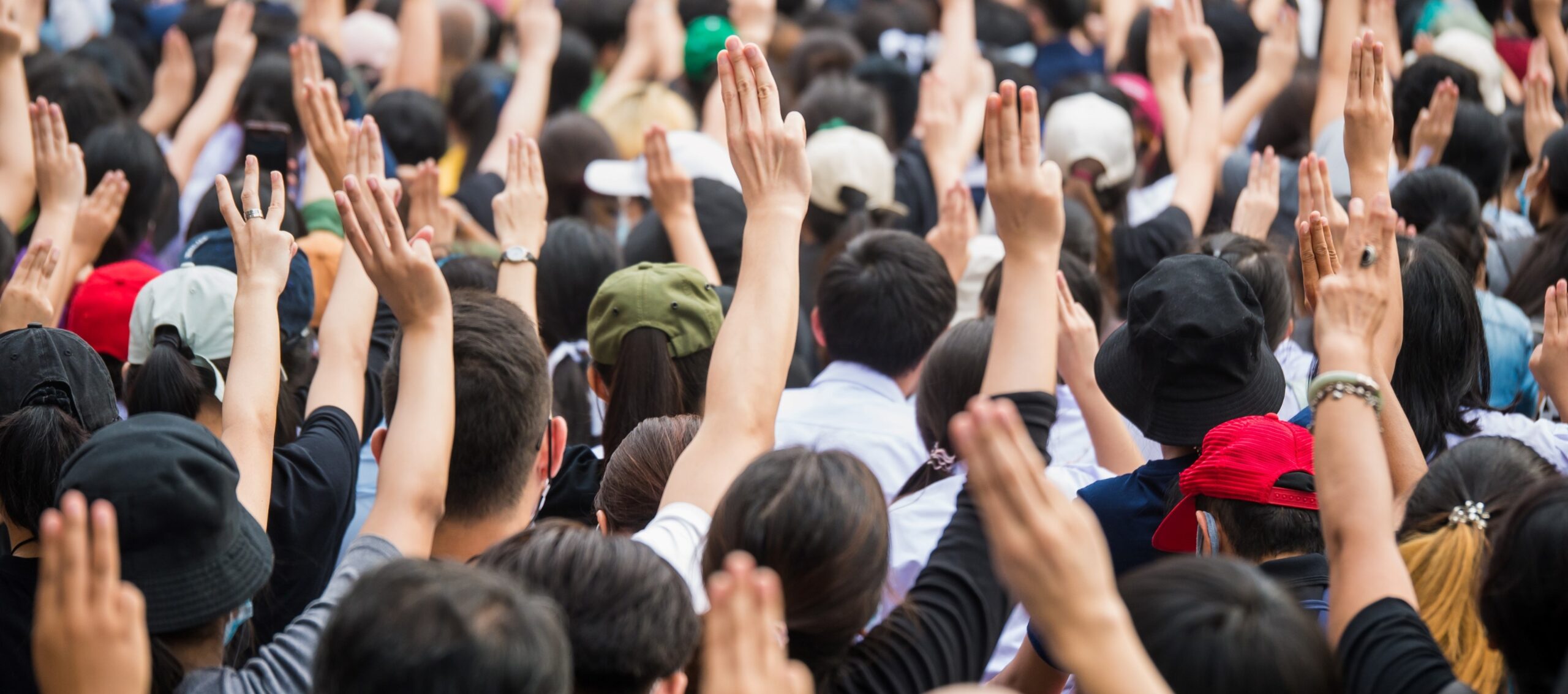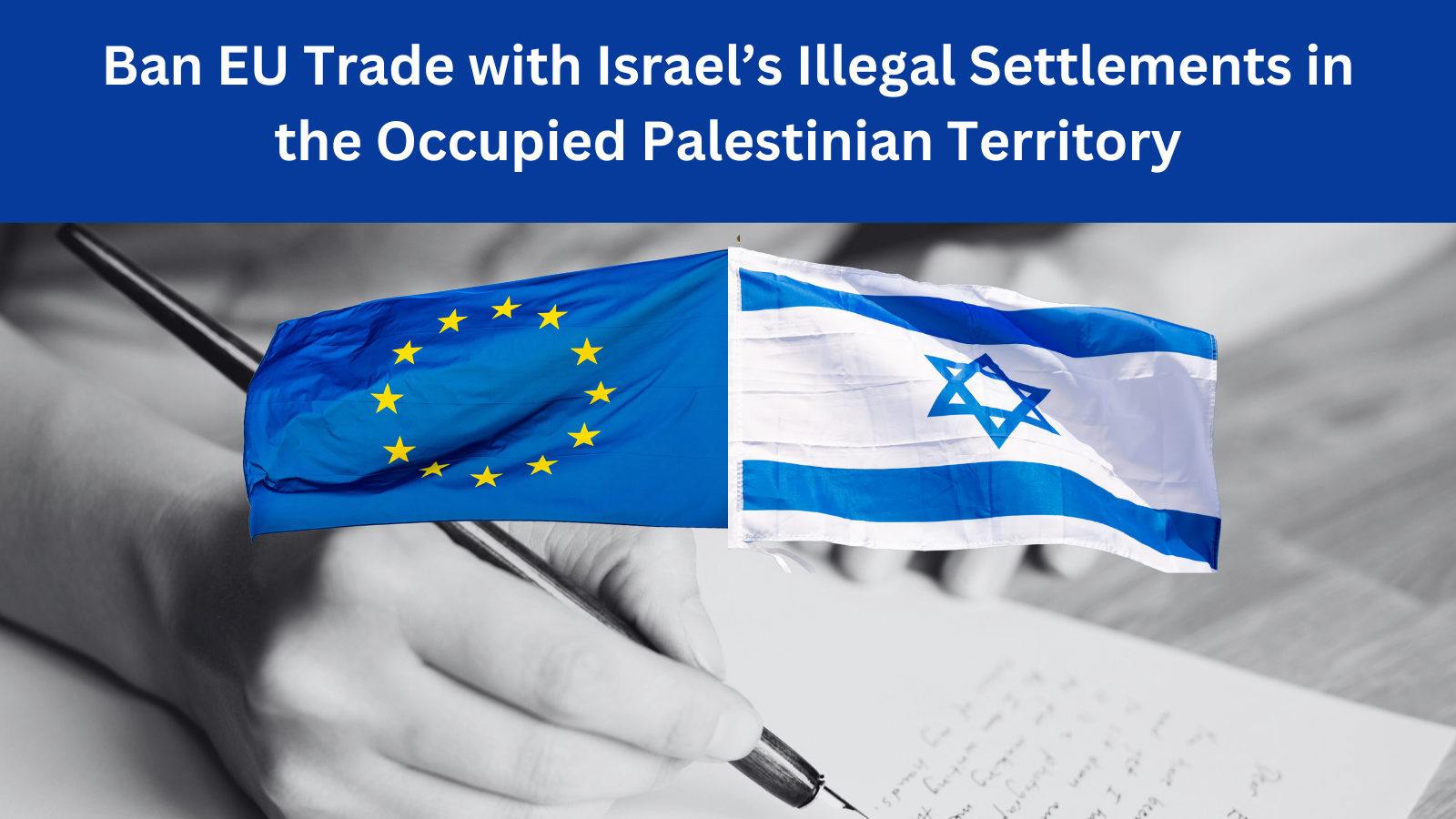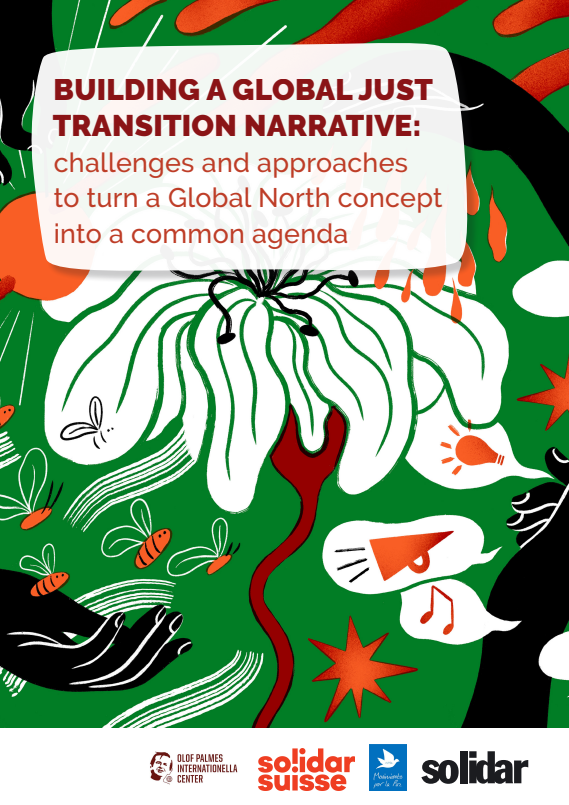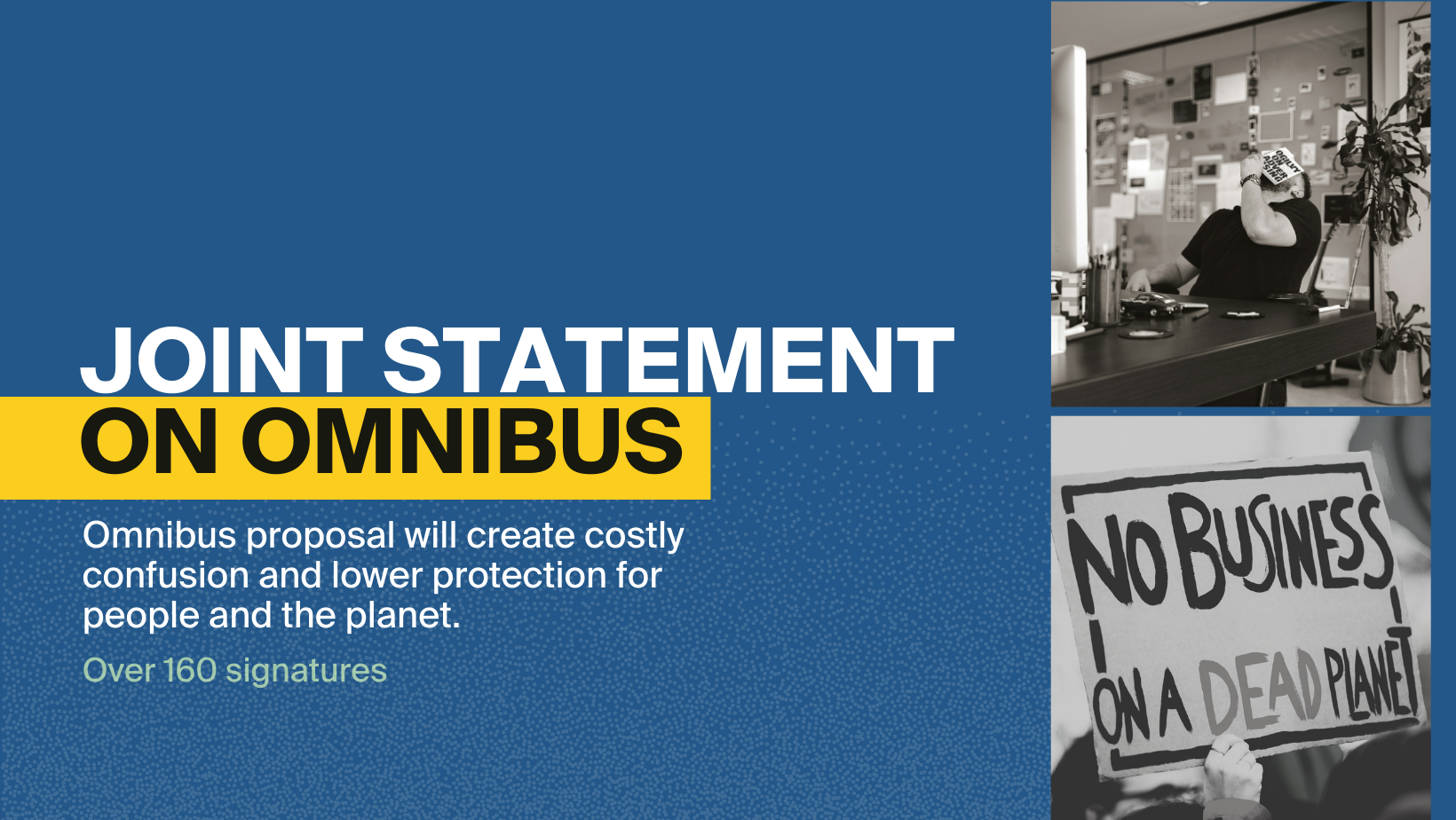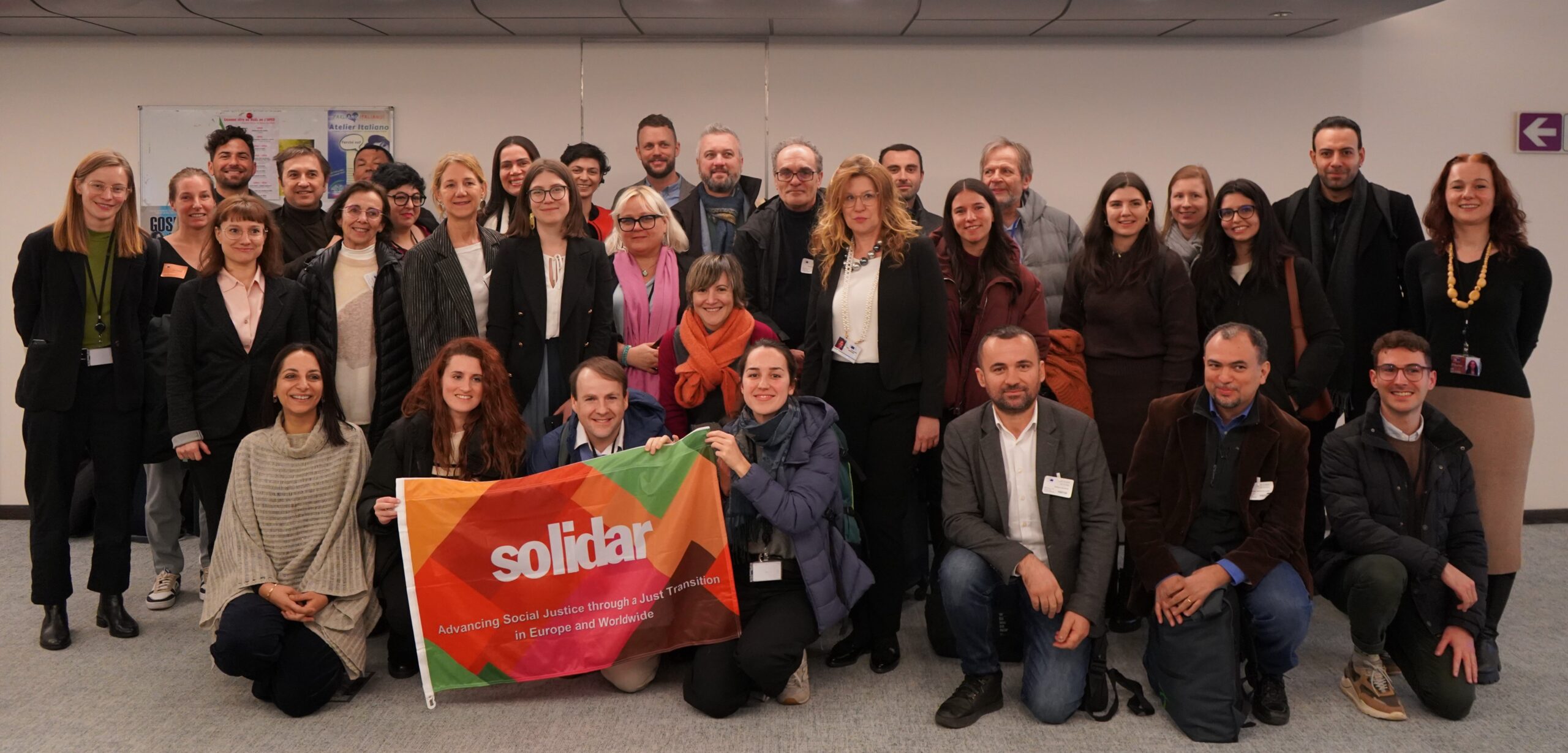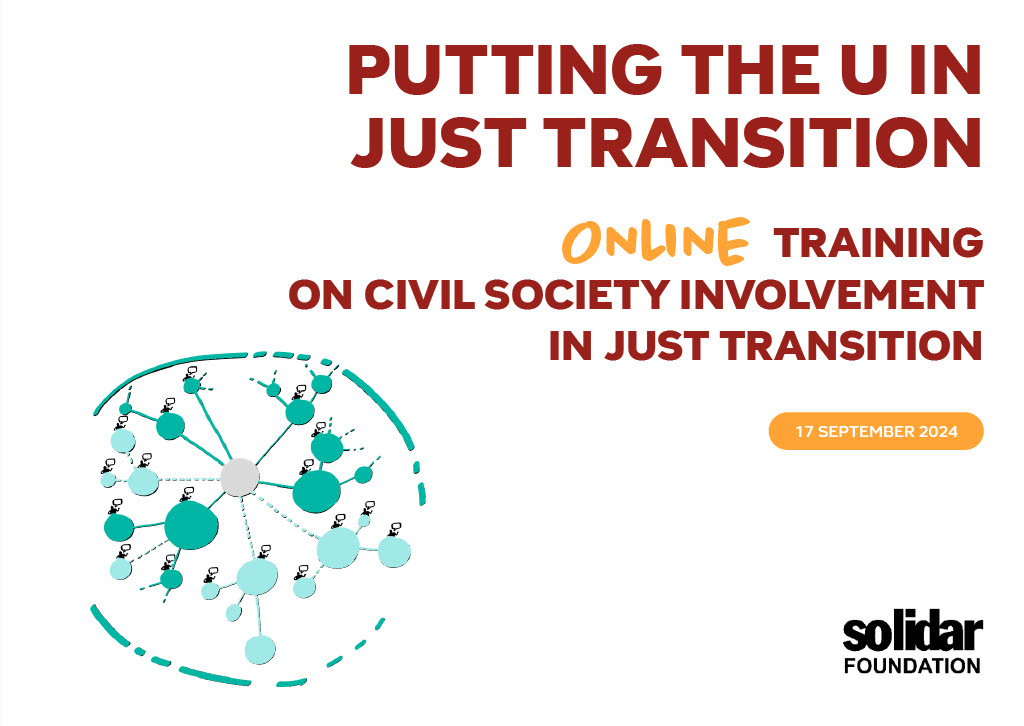Sustainable development and international cooperation
WHAT IS THE PROBLEM?
Through the 2030 Agenda for Sustainable Development and the Sustainable Development Goals (SDGs), the international community and the European Union (EU) agreed to protect and promote people’s human rights, respect planetary boundaries, and foster peace, prosperity, and partnerships to achieve sustainable development, while ensuring that these costs do not fall upon the most vulnerable. However, in times of overlapping economic, political, and social crises, the international community fails to deliver on those promises.
To achieve the SDGs, bold economic, political, and societal transformations are needed. The EU has been making progress through the implementation of the European Green Deal (EGD); however, these policies are still insufficient as they overlook the externalisation of social and environmental impacts in other countries, especially from the Global South. According to the 2021 Europe SD Report, EU annual consumption is associated with 1.2 million forced workers, over 4,000 work-related fatalities annually, 10% of global deforestation, and the offshoring of 40% of the EU’s greenhouse gas emissions through imported goods and services. In addition, the lack of tax justice, increasing tax evasion, and corruption contribute to the diminishing resources needed in the EU and in the countries in the Global South, emphasising the need for greater multilateral cooperation.
Civil society organisations, trade unions, and human rights defenders have a vital role in increasing knowledge of societal and environmental concerns, calling for policy changes, and ensuring governments follow through on their commitments. However, with the shrinking civil space, as these actors face persecution, attacks, legal constraints, and limited funding for their actions, they are impeded in their ability to assess and oversee public policies that impact the advancement towards achieving the 2030 Agenda.
WHAT NEEDS TO BE DONE?
The SDGs must be safeguarded and advanced, as they are the most comprehensive, internationally recognised agreement we have. The EU should focus on promoting policy coherence for sustainable development, tackling the negative spillover effects of EU policies on partner countries, reducing inequalities, and ensuring that businesses contribute to the wellbeing of our societies.
International and multilateral cooperation is needed and should support a social and economic system based on decent work, women’s rights, and universal social protection floors, while mobilising the needed international and domestic resources to fund them.
To secure societal, economic, and political transformation, the active engagement and meaningful participation of citizens and stakeholders is necessary as part of the policy-making processes. Civil society plays a key role in the co-design, implementation, monitoring and evaluation of public policies. Ensuring its active involvement at all stages of policy-making is crucial. To achieve this, we need to establish engagement mechanisms and allocate resources to strengthen civil society organisations at national, regional and global levels. These efforts enhance cooperation and facilitate the exchange of knowledge between civil society organisations from different countries and continents.
WHAT IS SOLIDAR DOING ABOUT IT?
Thanks to their expertise and collaboration with other local civil society organisations, SOLIDAR members are well-positioned to contribute to the achievement of sustainable development.
SOLIDAR run actions and campaigns together with its members and partners spreaded across more than 40 countries, spanning from Asia, Africa, and Latin America, advocating for:
- Strengthening the EGD with a strong international dimension and policy coherence, through its Global Just Transition Campaign.
- Ensuring decent work through massive investments in social policy and public funding, through the Universal Social Protection Floors and Systems Campaign.
- Promoting an enabling environment and open civic space for independent, democratic, and representative NGOs and trade unions, through access to funding and the organisation of a Global Week of Action with partners from Asia, Latin America and Europe
Finally, since 2020, SOLIDAR has coordinated and engaged in the campaign for the recognition of the State of Palestine.


